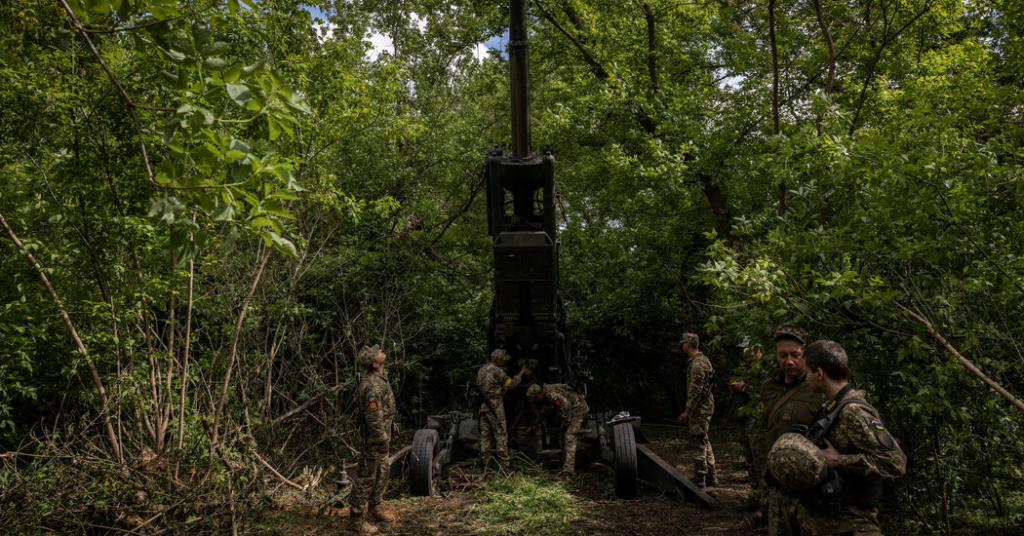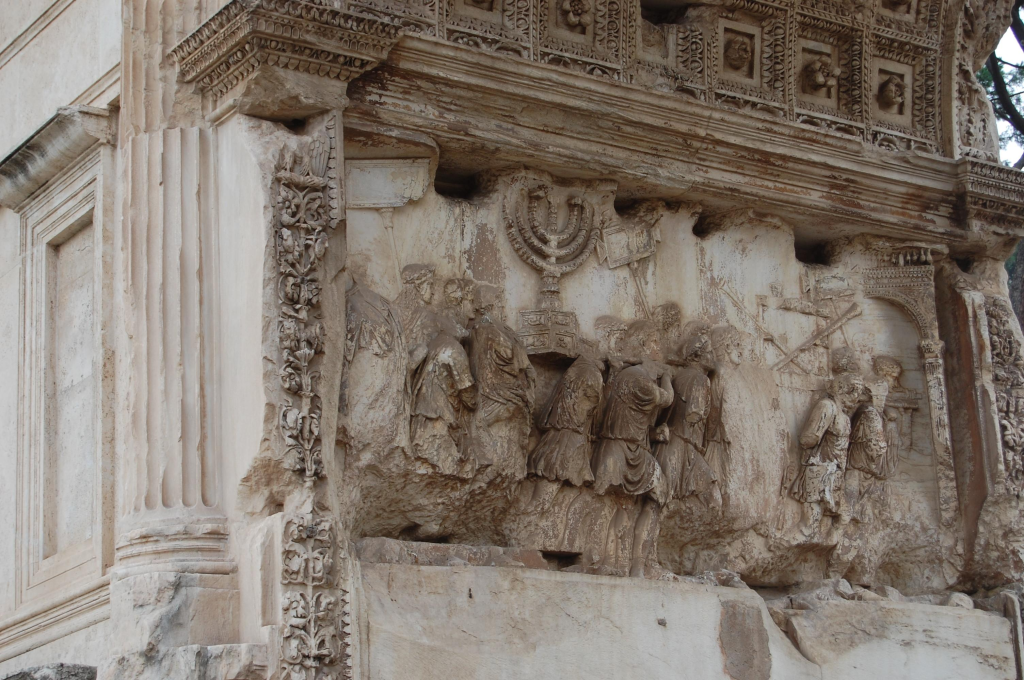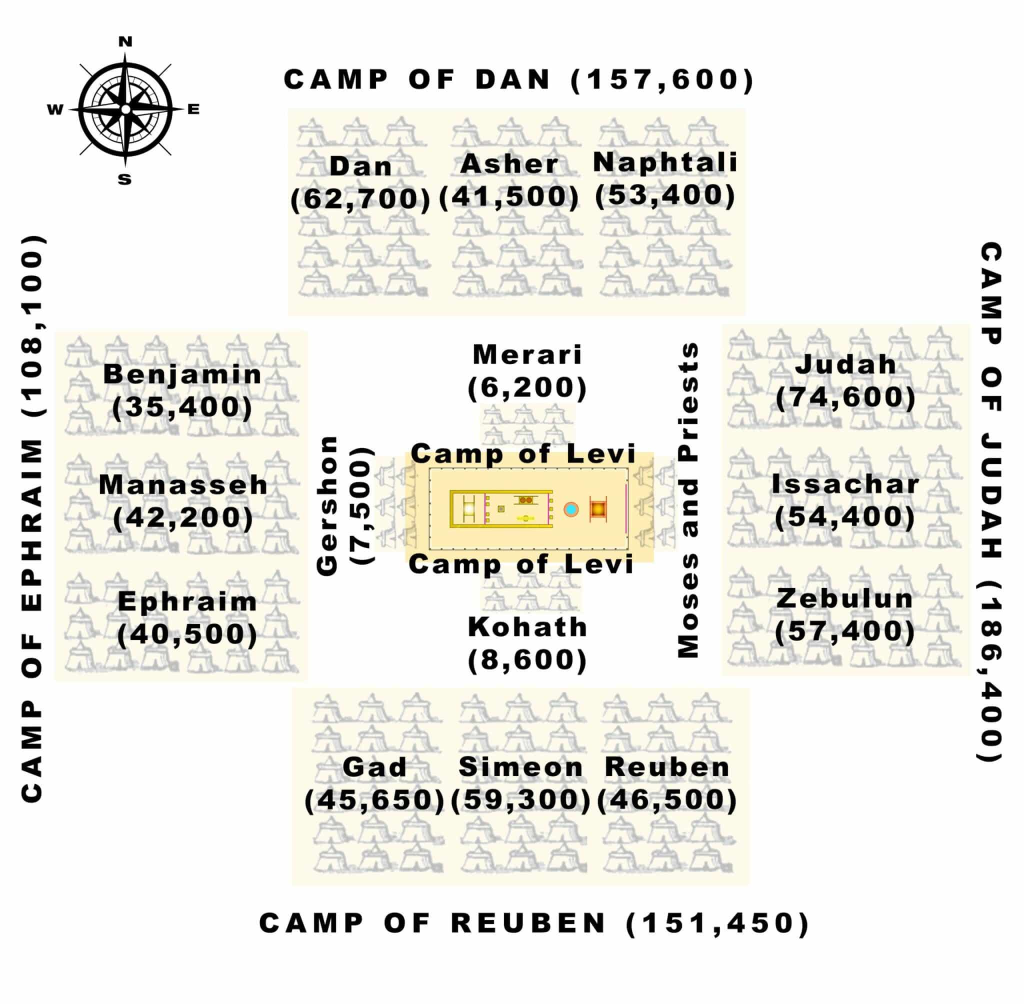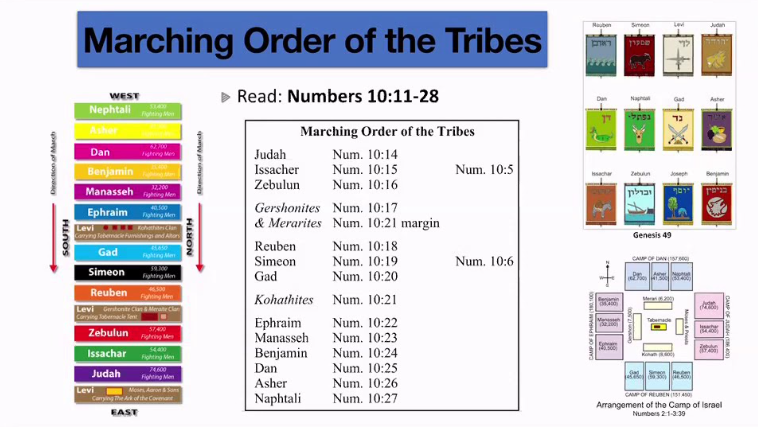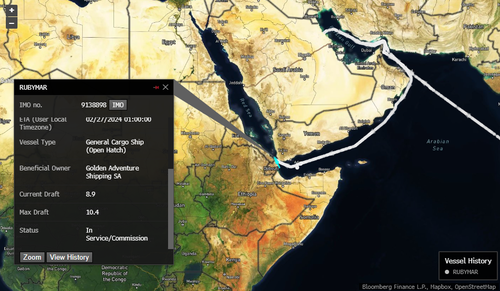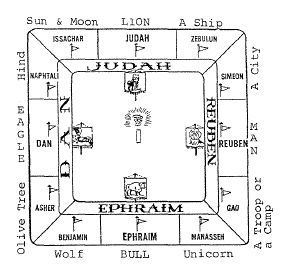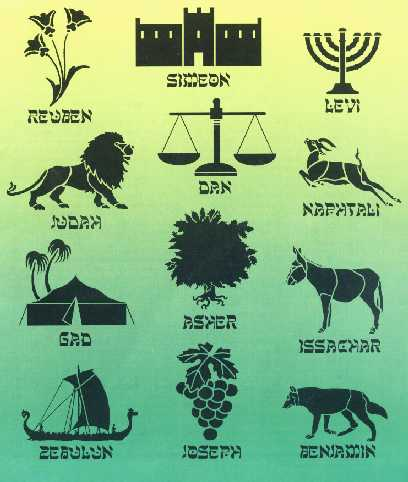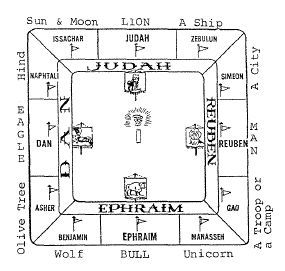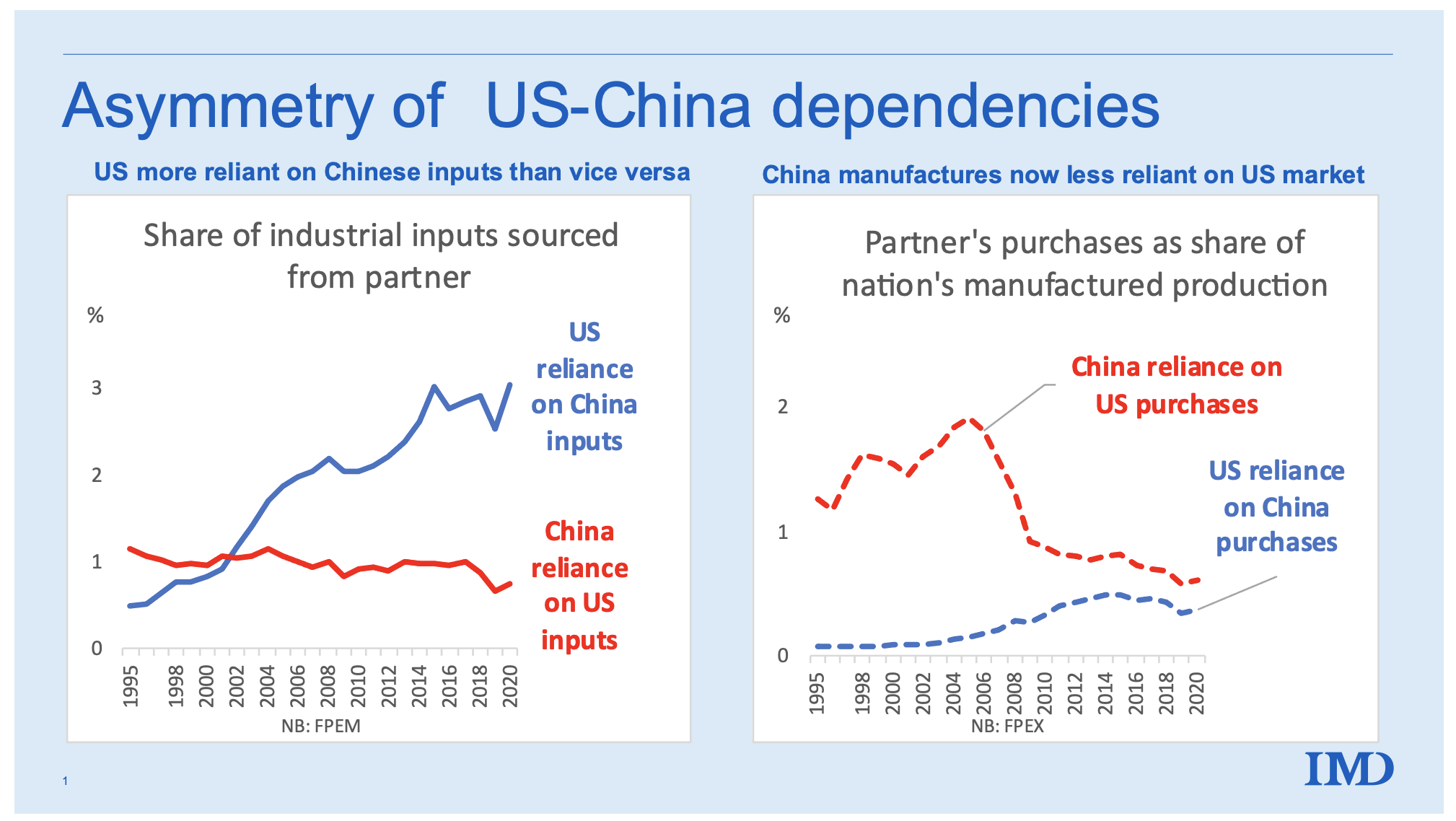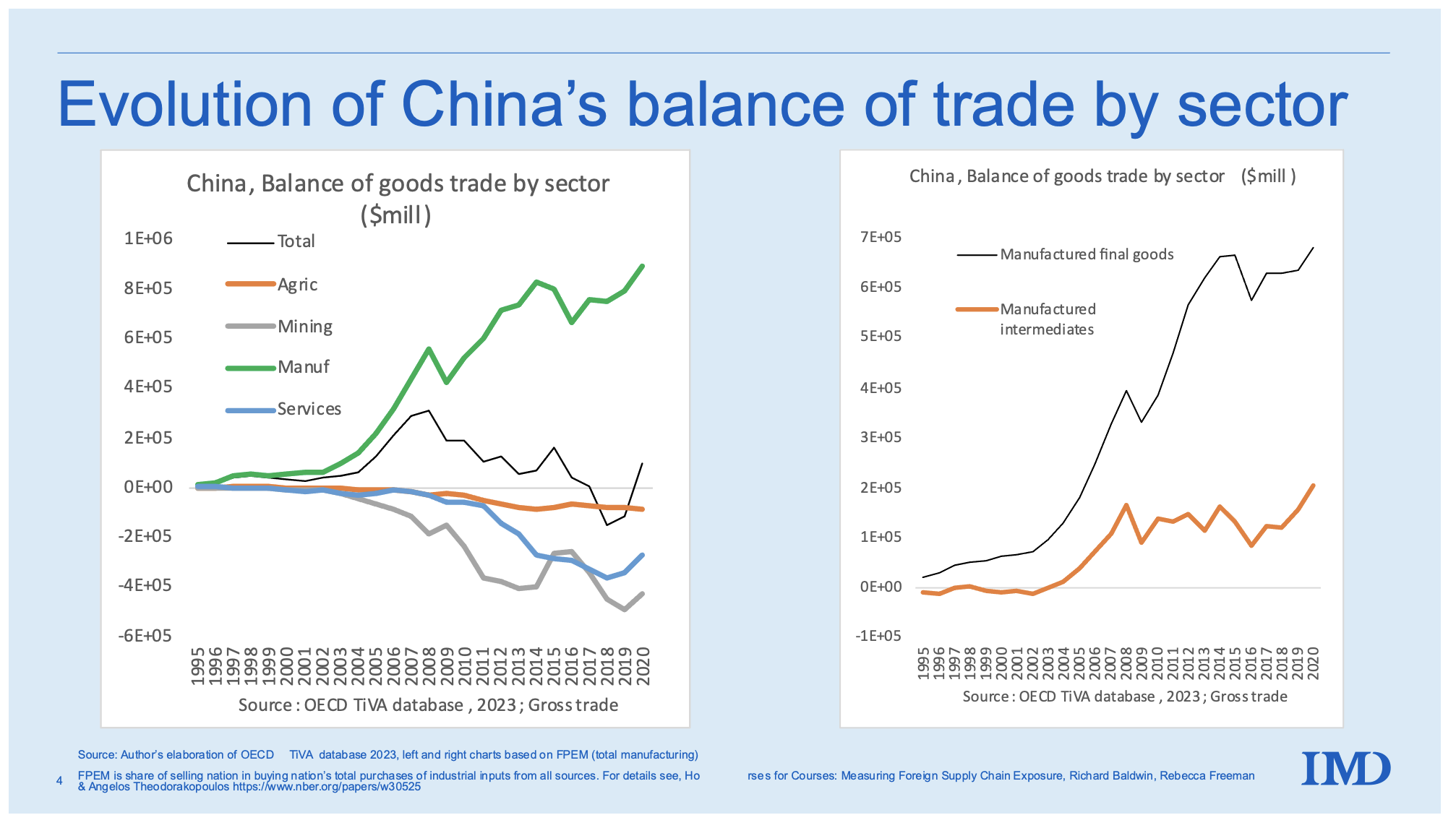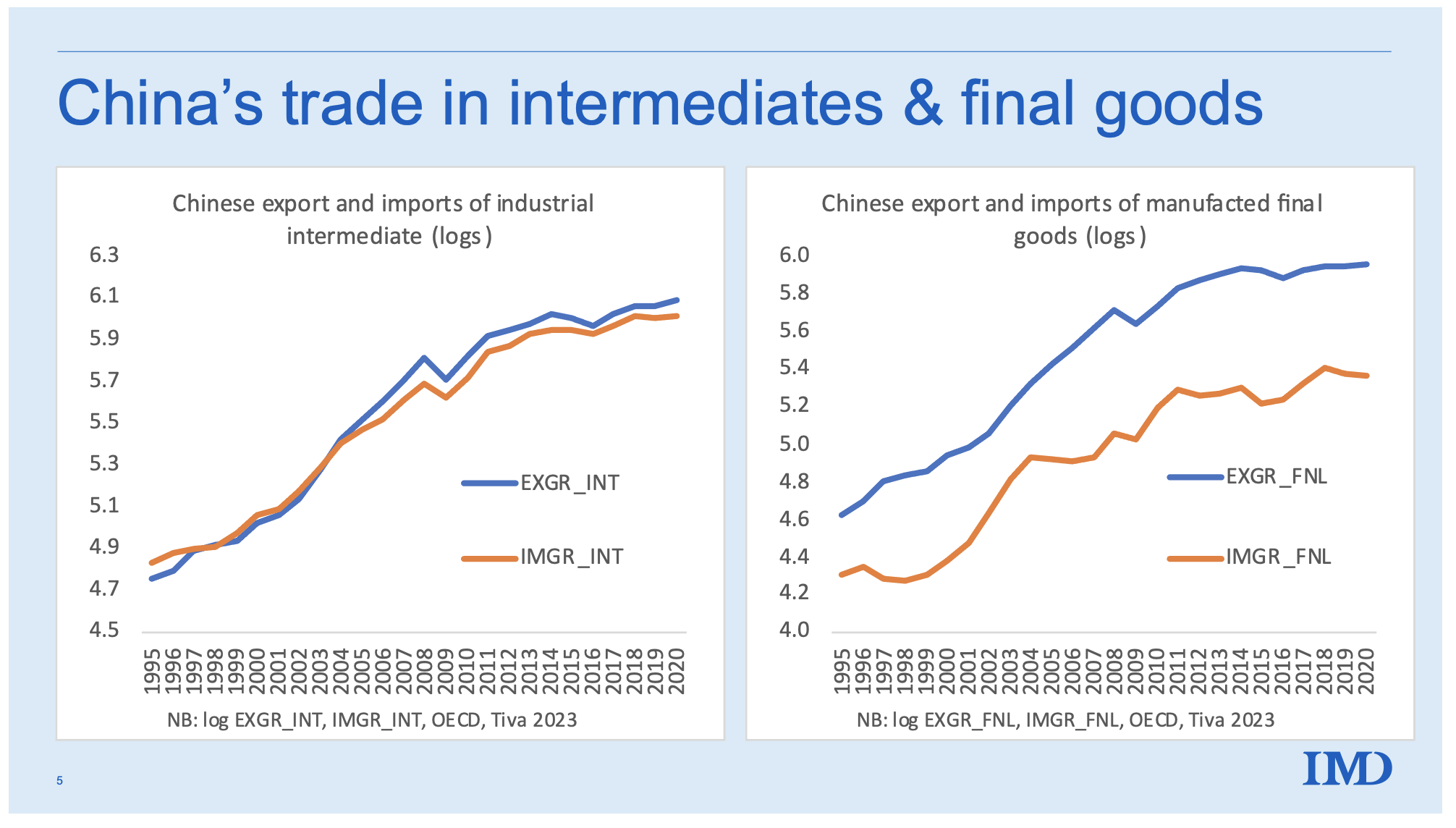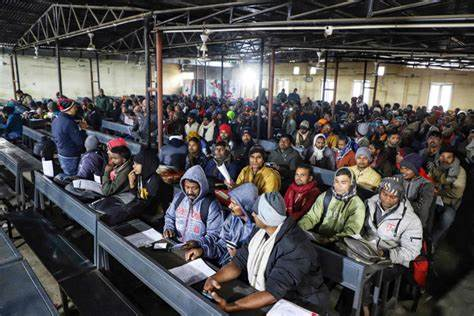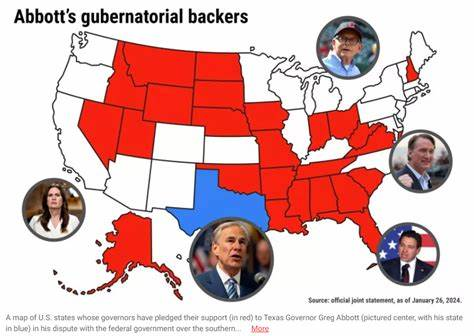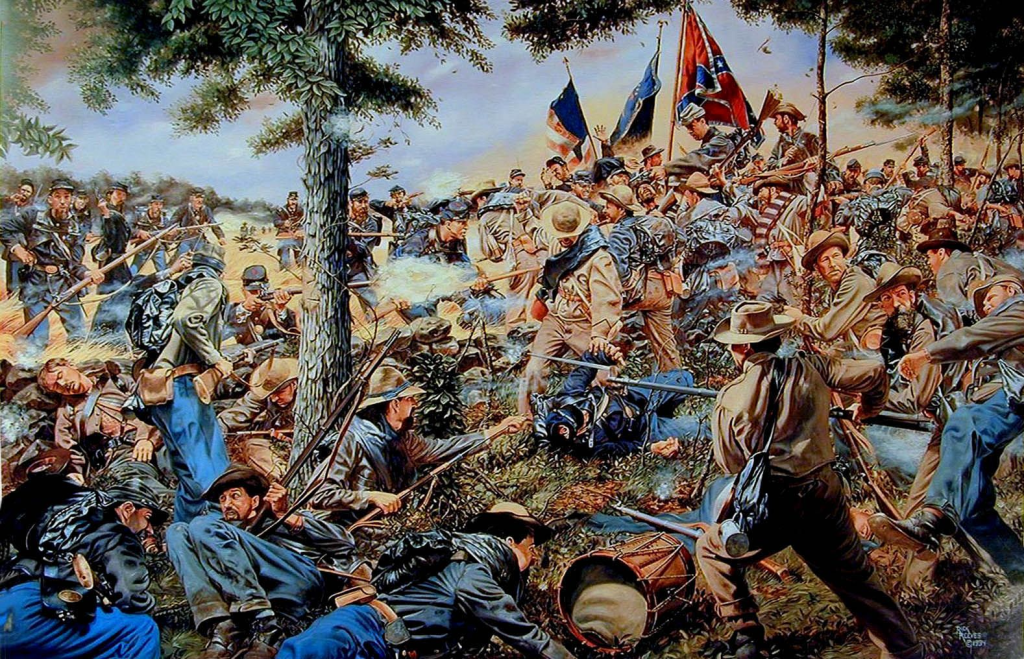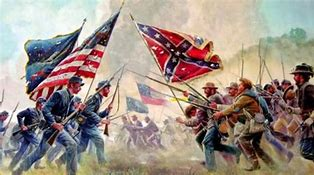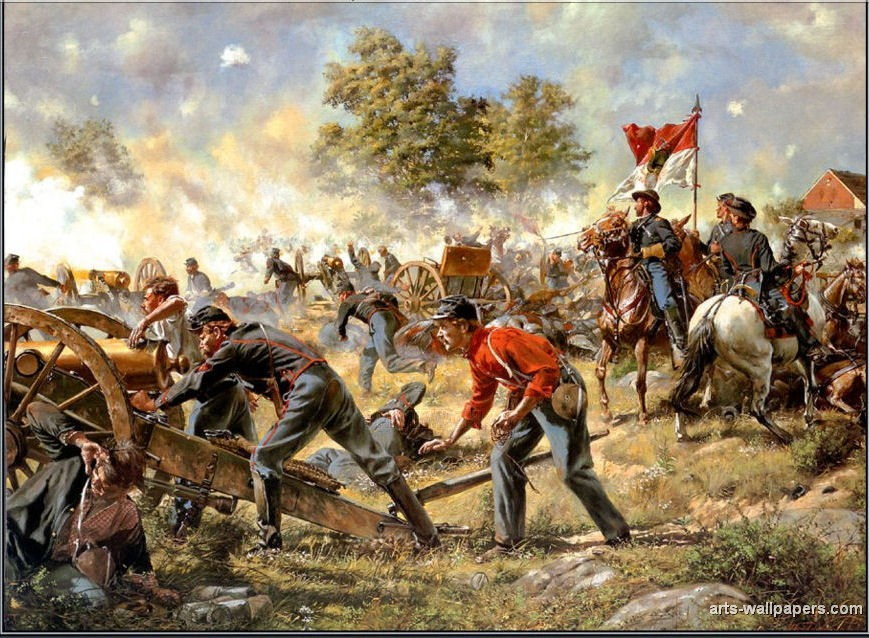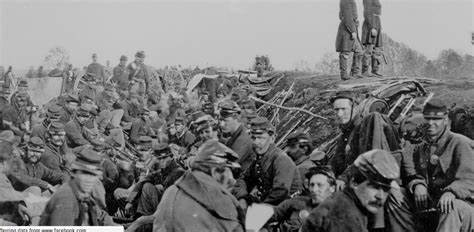Leviticus 25
1 And the Lord spoke unto Moses on Mount Sinai, saying,
2 “Speak unto the children of Israel and say unto them: ‘When ye come into the land which I give you, then shall the land keep a sabbath unto the Lord.
— Sabbath of the Seventh Year; the land not to be tilled, but rest the seventh year; and that which grew of itself in the field or vineyard to be meat for them and their cattle, Leviticus 25:1-7. The jubilee on the day of atonement; a year of liberty and restoration; a year of rest to the land;
3 Six years thou shalt sow thy field, and six years thou shalt prune thy vineyard and gather in the fruit thereof, — the land shall keep a sabbath; that is, enjoy rest from ploughing and tilling; unto the Lord; in obedience and unto the honour of God;
— this was instituted, for the assertion of God’s sovereign right to the land, in which the Israelites were but only tenants at God’s will.
4 but in the seventh year shall be a sabbath of rest unto the land, a sabbath for the Lord; thou shalt neither sow thy field nor prune thy vineyard. — a Sabbath of rest; the express prohibition of sowing and reaping, and of pruning and gathering;
5 That which groweth of its own accord of thy harvest thou shalt not reap, neither gather the grapes of thy vine undressed; for it is a year of rest unto the land. — that which groweth of its own accord of thy harvest thou shalt not reap; that which sprung up of itself from grains of corn, shed in the harvest of the preceding year, without any ploughing or sowing;
— he might reap it, but not as at other times, the whole of it, and gather it as his own property, but only somewhat of it in common with others for his, present use;
6 And the sabbath of the land shall be meat for you: for thee, and for thy servant, and for thy maid, and for thy hired servant, and for thy stranger who sojourneth with thee;
— for thee, and for thy servant, and for thy maid; the owner of the fields and vineyards, he and his family, wife, children, and servants, might eat of the fruits of them in common with others; for whereas it is elsewhere said, Exodus 23:11, “that the poor of thy people may eat”; but this is observed here, lest anyone should think the rich are forbid eating them;
— Rashi:
And [the produce of] the Sabbath of the land, shall be [yours to eat]: Although I have prohibited the produce [of the Shemittah year] to you, I did not prohibit you to eat it or to derive benefit from it, only that you should not treat it as if you were its owner. Rather, everyone is deemed equal [regarding the use of the Shemittah year’s produce]-you, [your slaves,] and your hired worker and resident.
7 and for thy cattle and for the beasts that are in thy land shall all the increase thereof be meat. — and for thy cattle, and for the beasts that are in thy land; the former signifies tame cattle, such as were kept at home, or in fields, or were used in service, and the latter the wild beasts of the field;
8 “‘And thou shalt number seven sabbaths of years unto thee, seven times seven years; and the space of the seven sabbaths of years shall be unto thee forty and nine years. — and the space of the seven sabbaths of years shall be forty and nine years; just such a space of years there was between each jubilee, which, as afterwards said, was the fiftieth year;
9 Then shalt thou cause the trumpet of the jubilee to sound on the tenth day of the seventh month; on the Day of Atonement shall ye make the trumpet sound throughout all your land. — in the day of Atonement shall ye make the trumpet sound throughout all your land;
— which day of atonement was on the tenth day of the month, and a very proper time it was to sound the trumpet, that after they had been afflicting themselves, then to have joy and comfort; and when atonement was made for all their sins, then to hear the joyful sound;
10 And ye shall hallow the fiftieth year, and proclaim liberty throughout all the land unto all the inhabitants thereof. It shall be a jubilee unto you; and ye shall return every man unto his possession, and ye shall return every man unto his family.
— ye shall hallow the fiftieth year; much difference of opinion exists as to whether the jubilee was observed on the forty-ninth, or in round numbers, it is called the fiftieth. The prevailing opinion, both in ancient and modern times, has been in favor of the latter;
— it is expressly called the fiftieth year here, and Leviticus 25:11, that fiftieth year, which was not true if it is but the nine and fortieth year;
11 A jubilee shall that fiftieth year be unto you: ye shall not sow neither reap that which groweth of itself in it, nor gather the grapes in it of thy vine undressed. — two years would come together in which were no sowing reaping; but that God, that could cause the earth to forth fruit for three years, Leviticus 25:21; could make it bring forth enough for four years;
12 For it is the jubilee; it shall be holy unto you; ye shall eat the increase thereof out of the field. — ye shall eat the increase thereof out of the field; that is, ye shall eat its produce from the field; because it is the jubilee, which must be observed as a sacred institution, the spontaneous produce of this year is not to be stored, but as much of it must each time be taken direct from the field as is wanted for daily consumption.
13 “‘In the year of this jubilee ye shall return every man unto his possession. — ye shall return every man unto his possession; in the year of jubile every man is to be restored to his landed property, whether he had disposed of it by sale or by gift.
14 And if thou sell aught unto thy neighbor or buyest aught of thy neighbor’s hand, ye shall not oppress one another. — ye shall not oppress one another; better, ye shall not overreach any man his brother;
— not only does the Law provide against the poor man losing his land for ever, but enjoins that in the temporary sales the buyer and seller are not to take undue advantage of each other’s circumstances.
15 According to the number of years after the jubilee thou shalt buy from thy neighbor, and according unto the number of years of the fruits he shall sell unto thee.
— the promised land, according to the Law, was to be divided by lot in equal parts among the Israelites; the plot which should thus come into the possession of each family is to be absolutely inalienable, and for ever continue to be the property of the descendants of the original possessor;
— hence it is here enacted that where a proprietor being pressed by poverty is compelled to sell a field, it could not be bought of him for a longer period than up to the time of the next jubile, when it reverted to the original possessor, or to his family;
16 According to the multitude of years thou shalt increase the price thereof, and according to the fewness of years thou shalt diminish the price of it; for according to the number of the years of the fruits doth he sell unto thee.
— the price thereof; more was to be asked and required, and should be given for an estate, when, for instance, there were thirty years to the year of jubilee, than when there were but twenty;
17 Ye shall not therefore oppress one another, but thou shalt fear thy God; for I am the Lord your God. — that is; ye shall not overreach any man his neighbour; for I am the Lord your God; omniscient and omnipotent and able to punish, which of them either should oppress or defraud;
— from MSG
“If you sell or buy property from one of your countrymen, don’t cheat him. Calculate the purchase price on the basis of the number of years since the Jubilee.
“He is obliged to set the sale price on the basis of the number of harvests remaining until the next Jubilee. The more years left, the more money; you can raise the price. But the fewer years left, the less money; decrease the price.
“What you are buying and selling in fact is the number of crops you’re going to harvest. Don’t cheat each other. Fear your God. I am God, your God.” (Leviticus 25:14-17 MSG)
18 “‘Therefore ye shall do My statutes, and keep My judgments and do them; and ye shall dwell in the land in safety. — wherefore ye shall do my statutes; and ye shall do; that is, the above named statutes and ordinances respecting the sabbatical year and the jubile, which required great care in implementing them.
19 And the land shall yield her fruit, and ye shall eat your fill and dwell therein in safety. — and dwell therein in safety; not fearing enemies, nor being disturbed by them, nor carried captive; but they failed, and the Babylonians came and took them into captivity;
20 And if ye shall say, “What shall we eat the seventh year? Behold, we shall not sow nor gather in our increase.” — such as are of little faith, disbelieve the promise, and distrust the providence of God, and take thought for tomorrow;
21 Then I will command My blessing upon you in the sixth year, and it shall bring forth fruit for three years. — for three years; not completely, but in great part, for that part of the sixth year which was between the beginning of harvest and the beginning of the seventh year; including the year of jubilee;
22 And ye shall sow the eighth year, and eat yet of old fruit until the ninth year; until her fruits come in ye shall eat of the old store. — until her fruits come in; that is, until its produce come in, that is, the produce of the eighth year which was gathered in the ninth.
23 The land shall not be sold for ever, for the land is Mine; for ye are strangers and sojourners with Me. — for the land is mine; as indeed the whole earth is, but the land of Canaan was peculiarly his, which he had chosen above all other lands for the inheritance of his people; out of which he drove the old inhabitants of it for their sins, and put in his own people to possess it under him;
— for the land is mine; the reason for this prohibition absolutely to cut off the patrimony from the family, is that God claims to be the supreme owner of the land; a special sense of the territory which God gave by promise and miracle, which was kept by obedience, and lost by rebellion;
24 And in all the land of your possession ye shall grant a redemption for the land. — ye shall grant a redemption for the land; that is, whenever any estate in it was sold through necessity, the buyer was obliged to grant a liberty to the seller to redeem it;
25 “‘If thy brother waxeth poor and hath sold away some of his possession, and if any of his kin come to redeem it, then shall he redeem that which his brother sold. — and if any of his kin come to redeem it; come to the buyer and propose to redeem it, by giving what it was sold for, or in proportion to the time he had enjoyed it: then shall he redeem that which his brother sold;
26 And if the man have none to redeem it, and he himself is able to redeem it, — and if the man have none to redeem it; in case, however, he has either no nearest of kin, or if his nearest of kin is himself too poor to perform this duty,
27 then let him count the years of the sale thereof, and restore the overplus unto the man to whom he sold it, that he may return unto his possession. — that is, a proportion of the original price obtained, corresponding to the number of years which were still to intervene between the redemption and the next Jubile year;
28 But if he is not able to restore it to him, then that which is sold shall remain in the hand of him that hath bought it until the Year of Jubilee; and in the jubilee it shall go out, and he shall return unto his possession. — not able to restore it to him; that is, if the vendor is unable to return to the purchaser the probable value of the crops between the contemplated redemption and the next jubile year;
— from MSG
“If one of your brothers becomes poor and has to sell any of his land, his nearest relative is to come and buy back what his brother sold.
“If a man has no one to redeem it but he later prospers and earns enough for its redemption, he is to calculate the value since he sold it and refund the balance to the man to whom he sold it; he can then go back to his own land.
“If he doesn’t get together enough money to repay him, what he sold remains in the possession of the buyer until the year of Jubilee. In the Jubilee it will be returned and he can go back and live on his land.” (Leviticus 25:25-28)
29 “‘And if a man sell a dwelling house in a walled city, then he may redeem it within a whole year after it is sold; within a full year may he redeem it. — a dwelling house in a walled city; it is, however, quite different in the case of houses in walled cities: these are not the creation of God (Leviticus 25:23), allotted by His command to the different tribes of Israel; they are the work of man, who build them up and raze them to the ground at their own will;
30 And if it is not redeemed within the space of a full year, then the house that is in the walled city shall be established for ever to him that bought it throughout his generations; it shall not go out in the jubilee. — if it be not redeemed within the space of a full year; that is, either by the vendor or his son.
31 But the houses of the villages which have no wall round about them shall be counted as the fields of the country; they may be redeemed, and they shall go out in the jubilee. — but the houses of the villages which have no wall; houses in villages, however, form an exception: they are part of the landed property, and hence, like the cultivated land on which they are erected, are subject to the law of jubile.
32 Notwithstanding, the cities of the Levites and the houses of the cities of their possession may the Levites redeem at any time. — and as to the cities of the Levites, the houses, that is, the houses which belong to the Levites, in the forty-eight cities given to them (Numbers 35:1-8; Joshua 21:1-3), are to be exempt from this general law of house property.
33 And if a man purchase from the Levites, then the house that was sold and the city of his possession shall go out in the Year of Jubilee; for the houses of the cities of the Levites are their possession among the children of Israel. — then the house that was sold in the city of his possession shall go out, that is, in the year of jubile the house is to revert to the vendor just as if it were landed property;
34 But the field of the suburbs of their cities may not be sold, for it is their perpetual possession. — the Levitical cities had both suburbs or commons for their cattle, steep and fields which they cultivated; and it is their perpetual possession;
— frpm MSG
“As to the Levitical cities, houses in the cities owned by the Levites are always subject to redemption. Levitical property is always redeemable if it is sold in a town that they hold and reverts to them in the Jubilee,
“because the houses in the towns of the Levites are their property among the People of Israel. The pastures belonging to their cities may not be sold; they are their permanent possession” (Leviticus 25:32-34)
35 “‘And if thy brother be waxed poor and hath fallen into ruin with thee, then thou shalt relieve him, yea, though he be a stranger or a sojourner, that he may live with thee.
— and fallen in decay with thee; that is, when it is weak and can no longer render support, or gain a livelihood; he is not to be treated like an outcast because he has been compelled by poverty to sell his patrimony, but is to receive the same consideration which strangers and sojourners receive, who, like the unfortunate Israelite, have no landed property.
36 Take thou no interest from him or increase; but fear thy God, that thy brother may live with thee. — if he borrowed money, they were not to demand interest; or if food, they were not to demand any addition, any larger quantity, when it was returned;
37 Thou shalt not give him thy money upon interest, nor lend him thy victuals for increase. — no interest was to be permitted in such a case for money lent, nor, if the loan took the form of the necessaries of life, was more than the amount lent to be exacted in return.
38 I am the Lord your God, who brought you forth out of the land of Egypt, to give you the land of Canaan and to be your God.
— I am the Lord your God, which brought you out of the land of Egypt where they had been strangers and sojourners, and therefore should be kind to such in necessitous circumstances, and relieve them, and especially their brethren; and where God had given them favour in the eyes of the Egyptians.
39 “‘And if thy brother who dwelleth by thee be waxed poor and is sold unto thee, thou shalt not compel him to serve as a bond servant; — thou shalt not compel him to serve as a bondservant; under these circumstances he is not to be treated like heathen slaves who are either purchased or captured, and made to do the menial service which these Gentile slaves have to perform.
40 but as a hired servant and as a sojourner he shall be with thee, and shall serve thee unto the Year of Jubilee. — but as an hired servant who is hired by the day, or month, or year; and, when his time is up, receives his wages and goes where he pleases;
41 And then shall he depart from thee, both he and his children with him, and shall return unto his own family, and unto the possession of his fathers shall he return. — and shall return unto his own family; his father’s family, and that of his near relations, having been out of it during his time of servitude, and which the year of jubilee restored him to;
42 For they are My servants, whom I brought forth out of the land of Egypt; they shall not be sold as bondmen. — for they are my servants; this is a clue to the whole system of Hebrew servitude. These poverty-stricken men, who are driven to sell themselves to their fellow-Israelites, God claims as His servants.
43 Thou shalt not rule over him with rigor, but shalt fear thy God. — thou shalt not rule over him with rigour; the master is forbidden to tyrannise over him as if he were a slave without any rights.
44 Both thy bondmen and thy bondmaids, whom thou shalt have, shall be of the heathen who are round about you. From them shall ye buy bondmen and bondmaids.
45 Moreover of the children of the strangers who sojourn among you, from them shall ye buy and from their families who are with you, whom they begot in your land; and they shall be your possession.
46 And ye shall take them as an inheritance for your children after you, to inherit them for a possession. They shall be your bondmen for ever. But over your brethren, the children of Israel, ye shall not rule one over another with rigor. — and ye shall take them as an inheritance for your children; that is, they may appropriate them to themselves, as their personal property, which is transmissible as inheritance to posterity with the family land;
— from MSG
“The male and female slaves which you have are to come from the surrounding nations; you are permitted to buy slaves from them.
“You may also buy the children of foreign workers who are living among you temporarily and from their clans which are living among you and have been born in your land. They become your property.
“You may will them to your children as property and make them slaves for life. But you must not tyrannize your brother Israelites” (Leviticus 25:44-46 MSG)
47 “‘And if a sojourner or stranger wax rich by thee, and thy brother who dwelleth by him wax poor and sell himself unto the stranger or sojourner by thee, or to the stock of the stranger’s family,
48 after he is sold he may be redeemed again. One of his brethren may redeem him:
49 either his uncle or his uncle’s son may redeem him, or any that is nigh of kin unto him of his family may redeem him; or if he is able, he may redeem himself.
50 And he shall reckon with him that bought him from the year that he was sold to him unto the Year of Jubilee; and the price of his sale shall be according unto the number of years, according to the time of a hired servant shall it be with him.
51 If there be yet many years behind, according unto them he shall give again the price of his redemption out of the money that he was bought for.
52 And if there remain but few years unto the Year of Jubilee, then he shall count with him, and according unto his years shall he give him again the price of his redemption.
53 And as a yearly hired servant shall he be with him, and the other shall not rule with rigor over him in thy sight.
— from MSG
“If a foreigner or temporary resident among you becomes rich and one of your brothers becomes poor and sells himself to the foreigner who lives among you or to a member of the foreigner’s clan, he still has the right of redemption after he has sold himself.
“One of his relatives may buy him back. An uncle or cousin or any close relative of his extended family may redeem him. Or, if he gets the money together, he can redeem himself.
“What happens then is that he and his owner count out the time from the year he sold himself to the year of Jubilee; the buy-back price is set according to the wages of a hired hand for that number of years.
“If many years remain before the Jubilee, he must pay back a larger share of his purchase price, but if only a few years remain until the Jubilee, he is to calculate his redemption price accordingly.
“He is to be treated as a man hired from year to year. You must make sure that his owner does not tyrannize him” (Leviticus 25:47-53 MSG)
54 And if he is not redeemed in these years, then he shall go out in the Year of Jubilee, both he and his children with him.
55 For unto Me the children of Israel are servants. They are My servants whom I brought forth out of the land of Egypt: I am the Lord your God;
— from MSG
“If he is not redeemed in any of these ways, he goes free in the year of Jubilee, he and his children, because the People of Israel are my servants, my servants whom I brought out of Egypt. I am God, your God” Leviticus 25:54-55 MSG
Leviticus 26
1 “‘Ye shall make you no idols nor graven image, neither rear you up a standing image, neither shall ye set up any image of stone in your land to bow down unto it; for I am the Lord your God. — the words here rendered “images of stone” to indicate beholding or worshipping stones; that is, stones set in the ground in places of worship upon which the worshippers prostrated themselves to perform their devotions;
2 Ye shall keep My Sabbaths and reverence My sanctuary: I am the Lord. — ye shall keep my Sabbaths (plurals), and reverence my sanctuary; very frequently, in this Book of the Law, the Sabbath and the sanctuary are mentioned as antidotes to idolatry.
3 “‘If ye walk in My statutes and keep My commandments and do them, — if ye walk in my statutes; in that covenant into which God graciously entered with the people of Israel, He promised to bestow upon them a variety of blessings, so long as they continued obedient to Him as their Almighty Ruler;
4 then I will give you rain in due season, and the land shall yield her increase, and the trees of the field shall yield their fruit. — rain in due season; the periodical rains, on which the fertility of the holy land so much depends, are here spoken of.
5 And your threshing shall reach unto the vintage, and the vintage shall reach unto the sowing time; and ye shall eat your bread to the full, and dwell in your land safely.
— from MSG
“If you live by my decrees and obediently keep my commandments, I will send the rains in their seasons, the ground will yield its crops and the trees of the field their fruit.
“You will thresh until the grape harvest and the grape harvest will continue until planting time; you’ll have more than enough to eat and will live safe and secure in your land” (Leviticus 26:3-5 MSG)
6 And I will give peace in the land, and ye shall lie down, and none shall make you afraid; and I will rid evil beasts out of the land, neither shall the sword go through your land. — and I will give peace; not only are they to have rich harvests, but the Lord will grant them peace among themselves, so that they shall be able to retire at night without any anxiety, or fear of robbers;
7 And ye shall chase your enemies, and they shall fall before you by the sword. — and ye shall chase your enemies; if, covetous of their prosperity, the enemies should dare to attack them, God will inspire His people with marvellous courage, so that they will not only pursue them, but put them to the sword.
8 And five of you shall chase a hundred, and a hundred of you shall put ten thousand to flight; and your enemies shall fall before you by the sword. — five of you shall chase; a proverbial mode of expression for superiority in warlike prowess; Deuteronomy 32:30; Isaiah 30:17.
9 For I will have respect unto you, and make you fruitful and multiply you, and establish My covenant with you. — and multiply you, and establish my covenant with you; that is, by multiplying them as the stars of heaven and the sand of the sea, God fulfil the covenant which He made with their fathers;
10 And ye shall eat old store, and bring forth the old because of the new. — and bring forth the old because of the new; and remove the old on account of the new: they will always have such abundant harvests that they will be obliged to remove from the barns and garners the old stock of corn, in order to make room for the new.
11 And I will set My tabernacle among you, and My soul shall not abhor you. — not only will God bless them with these material blessings, but will permanently abide with them in the sanctuary erected in their midst.
12 And I will walk among you and will be your God, and ye shall be My people. — ye shall be my people; I will own you for that peculiar people which I have singled out of the mass of mankind, to bless you here, and to save you hereafter.
13 I am the Lord your God, who brought you forth out of the land of Egypt, that ye should not be their bondmen; and I have broken the bands of your yoke, and made you go upright.
— I am the Lord your Lord, which brought you forth out of the land of Egypt; who, having done that, was able to fulfil the above promises; and which may be considered as an earnest and pledge of them, as well as be a motive to the Israelites, and an obligation upon them to obey the commandments of God, and walk in his statutes;
14 “‘But if ye will not hearken unto Me and will not do all these commandments, — the glowing promises of blessings for obedience are now followed by a catalogue of calamities of the most appalling nature, which will overtake the Israelites if they disobey the Divine commandments.
15 and if ye shall despise My statutes, or if your soul abhor My judgments so that ye will not do all My commandments, but that ye break My covenant,
— and if ye shall despise my statutes; from passive indifference to the Divine statutes mentioned in the preceding verse, their falling away is sure to follow. Hence what was at first mere listlessness now develops itself into a contemptuous education of God’s ordinances.
16 I also will do this unto you: I will even appoint over you terror, consumption, and the burning ague that shall consume the eyes and cause sorrow of heart; and ye shall sow your seed in vain, for your enemies shall eat it. — ague, plague or perhaps pestilence;
17 And I will set My face against you, and ye shall be slain before your enemies; they that hate you shall reign over you, and ye shall flee when none pursueth you. — and ye shall flee when none pursueth you; of such faint-hearted spirits should they be, and filled with such dread and terror of their enemies, so contrary from what is promised them on their obedience, Leviticus 26:8.
18 And if ye will not yet for all this hearken unto Me, then I will punish you seven times more for your sins. — I will punish you seven times more; that is, indefinitely or unceasingly; many more times. Seven being a complete number is often used to denote thoroughness;
19 And I will break the pride of your power; and I will make your heaven as iron and your earth as brass. — the pride of your power the pride with which ye rely upon your prosperity and the fruitfulness of your land; will be broken;
— and I will make your heaven as iron; so that neither dew nor rain shall descend from thence to make the earth fruitful; but, on the contrary, an heat should be reflected, which would parch it, and make it barren;
20 And your strength shall be spent in vain; for your land shall not yield her increase, neither shall the trees of the land yield their fruits. — and your strength shall be spent in vain; that is, with the heaven over them as metal, their labour expended in ploughing, digging, and sowing will be perfectly useless.
21 “‘And if ye walk contrary unto Me and will not hearken unto Me, I will bring seven times more plagues upon you according to your sins. — and if ye walk contrary unto me; to his mind and will, to his laws, commands, and ordinances, showing no regard unto them by a walk agreeably to them, but neglecting and breaking them continually;
— I will bring seven times more plagues upon you, according to your sins; greater and sorer punishments still, and these more frequently repeated, and in proportion to their transgressions of his righteous laws.
22 I will also send wild beasts among you, which shall rob you of your children and destroy your cattle and make you few in number, and your highways shall be desolate. — I will also send wild beasts among you; either in a literal sense, as lions, bears, wolves; and so is the reverse of what is promised to them on their doing well;
— and your high ways shall be desolate; or ways, the word high not being in the text, and may signify both their public and private ones, which would be all forsaken, none caring to venture to walk in them for fear of beasts of prey.
23 “‘And if ye will not be reformed by Me by these things, but will walk contrary unto Me, — God is setting conditions for He will avenge the outraged cause of His covenant, by the sword, pestilence, famine, and captivity.
24 then will I also walk contrary unto you, and will punish you yet seven times for your sins. — and will punish you yet seven times for your sins; add fresh corrections, and these greater than before, and more numerous in proportion to their aggravated transgressions.
25 And I will bring a sword upon you that shall avenge the quarrel of My covenant; and when ye are gathered together within your cities I will send the pestilence among you, and ye shall be delivered into the hand of the enemy. — and I will bring a sword upon you; war upon them by the sword of their enemies; they that use and kill with the sword;
— for more details from prophet Ezekiel, see The Sword from the South!
26 And when I have broken the staff of your bread, ten women shall bake your bread in one oven, and they shall deliver you your bread again by weight; and ye shall eat and not be satisfied. — and when I have broken the staff of your bread; or when I break you the staff of bread, that is, when God cuts off their supply of bread, which is the staff of life.
27 “‘And if ye will not for all this hearken unto Me, but walk contrary unto Me, — and if ye still will not for all this hearken unto me, but walk contrary unto me;
28 then I will walk contrary unto you also in fury; and I, even I, will chastise you seven times for your sins. — and I, even I, will chastise you seven times for your sins; add new and many more chastisements, and that in hot displeasure, for their sins;
— and the repetition or doubling of the phrase, “I, even I, will do it”, denotes the certainty of it, and that he will do it himself, and his hand should be visible in it; and they should feel the weight of it, and be obliged to own that these were punishments inflicted by him for their sins.
29 And ye shall eat the flesh of your sons, and the flesh of your daughters shall ye eat. — which Jeremiah thus bewails, “the hands of pitiful women have sodden their own children, they were their meat in the destruction of the daughter of my people” (Lamentations 4:10);
30 And I will destroy your high places, and cut down your images, and cast your carcasses upon the carcasses of your idols; and My soul shall abhor you. — and cast your carcases upon the carcases of your idols; nothing could show a greater contempt both for the idol-worshippers and the idols than the picture here given;
— when the apostate Israelites have succumbed to the sword, famine, and pestilence, they will not even have a seemly burial, but their carcases will be mixed up with the shattered remains of their gods, and thus form one dunghill;
— a parallel picture is given by Ezekiel, “Your altars shall be desolate, and your images shall be broken, and I will cast down your slain men before your idols, and I will lay the dead carcases of the children of Israel before their idols, and I will scatter your bones round about your altars” (Ezekiel 6:4-5).
31 And I will make your cities waste and bring your sanctuaries unto desolation, and I will not smell the savor of your sweet odors. — I will make your cities waste; not only will the elevated spots outside the cities with their idols be destroyed, and the carcases of the deluded worshippers be scattered among their remains, but the cities themselves will be converted into ruins and desolations;
32 And I will bring the land into desolation, and your enemies who dwell therein shall be astonished at it. — note: “your cities” and “the land” but not “your land” indicating the land they are currently living on are not quite their own, but those designated land are “between the two rivers” Genesis 15;
— Targum says “your country” facing hostile invasions and conquests, the desolation of the whole country and the dispersion of the Israelites described in the following verses are to be the work of God Himself
33 And I will scatter you among the heathen, and will draw out a sword after you; and your land shall be desolate and your cities waste. — mentioned belatedly, “your land” and will draw out a sword after you; draw it out of its scabbard, and with it pursue after them;
34 “‘Then shall the land enjoy her sabbaths, as long as it lieth desolate and ye are in your enemies’ land; even then shall the land rest and enjoy her sabbaths. — then shall the land enjoy her sabbaths, as long as it lieth desolate; a long arrear of sabbatic years had accumulated through the avarice and apostasy of the Israelites,
— who had deprived their land of its appointed season of rest; this early prophecy is very remarkable, considering that the usual policy of the Assyrian conquerors was to send colonies to cultivate and inhabit their newly acquired provinces; but as determined by the duration of the Babylonian captivity, the number of those sabbatic years seems to have been seventy;
35 As long as it lieth desolate it shall rest, because it did not rest in your sabbaths when ye dwelt upon it; — because it did not rest in your sabbaths, when you dwelt upon it; they manured and tilled it on the seventh years, as on others, neglecting the command which God had given them;
— II Chronicles 36:21 says, “The land enjoyed its sabbath rests; all the time of its desolation it rested, until the seventy years were completed in fulfillment of the word of the LORD spoken by Jeremiah.” This is a reference to Jeremiah 25:11;
— for a related upcoming prophecy, see Ezekiel Timeline – 190/40 Years
36 And upon them that are left alive of you, I will send a faintness into their hearts in the lands of their enemies; and the sound of a shaken leaf shall chase them; and they shall flee as fleeing from a sword, and they shall fall when none pursueth. — and upon them that are left alive of you; in the land of Judea, or rather scattered about among the nations, suggesting that these would be comparatively few;
— I will send a faintness into their hearts in the lands of their enemies; or “a softness” so that they should be effeminate, pusillanimous, and cowardly, have nothing of a manly spirit and courage in them; but be mean spirited and faint hearted;
— and the sound of a shaken leaf shall chase them; either the sound of a leaf that falls from the tree shall put them to flight, as the Targum of Jonathan says, or which the wind beats one against another;
— and they shall flee as fleeing from the sword; as if there were an army of soldiers with their swords drawn pursuing them; and they shall fall when none pursueth; fall upon the ground, and into a fit, and drop down as if dead, as if they had been really wounded with a sword and slain;
37 And they shall fall one upon another, as it were before a sword, when none pursueth; and ye shall have no power to stand before your enemies. — and they shall fall one upon another; in their hurry and confusion, everyone making all the haste he can to escape the imaginary danger;
— as it were before a sword, when none pursueth: as if a sword was drawn and brandished at them, just ready to be thrust in them, filling them with the utmost dread and terror, and yet at the same time none in pursuit of them;
— and ye shall have no power to stand before your enemies; no heart to resist them, no strength nor spirit to oppose them, and defend themselves but be obliged to surrender their cities, themselves, their families and goods, into the hand of the enemy.
38 And ye shall perish among the heathen, and the land of your enemies shall eat you up. — so far as the nation was concerned, those who were left when the kingdom was overthrown would find no rest in the land of their enemies;
— but would perish among the heathen for their own and their fathers’ iniquities, till they confessed their sins and bent their stiffed-necked rebellious hearts under the righteousness of the divine punishments;
— and the land of your enemies shall eat you up; they should die in it through one disease or another; by the pestilence, as the Targum of Jonathan, and so be buried in it; in which sense it may be said to eat them up, or consume them, for the grave swallows up and consumes all that are put into it; this is to be understood of those that die in captivity.
39 And they that are left of you shall pine away in their iniquity in your enemies’ lands; and also in the iniquities of their fathers shall they pine away with them. — shall pine away; shall languish through diseases and oppressions out the remainder of their days in bitter grief;
— and sad reflections upon the miseries which their own and their fathers’ complicated guilt has brought upon them; and hereby shall be consumed and melt away.
40 “‘If they shall confess their iniquity and the iniquity of their fathers, with their trespass which they trespassed against Me, and that also they have walked contrary unto Me, — if they shall confess their iniquity, and the iniquity of their fathers; “in the time of their distress;” which might serve to bring their sins to remembrance;
— and them to a confession, not only of their own sins, but of their fathers’ also; acknowledging thereby that they had been guilty of sinning against God for a long course of years past; with their trespass which they trespassed against me; along with their own iniquities, and those of their fathers; even 190 years;
— for an upcoming prophecy, see Ezekiel Timeline – 190/40 Years
41 and that I also have walked contrary unto them and have brought them into the land of their enemies—if then their uncircumcised hearts be humbled and they then accept the punishment of their iniquity, — and that I also have walked contrary unto them; that is, and they shall also confess that through their walking contrary unto God, He also walked contrary unto them, and brought them into the land of their enemies;
— if then their uncircumcised heart be humbled; their rebellious heart, as the Targums of Jonathan; it signifies a sinful, wicked, hard, and impenitent heart, brought to a sense of sin, to repentance and humiliation for it.
42 then will I remember My covenant with Jacob, and also My covenant with Isaac, and also My covenant with Abraham will I remember; and I will remember the land.
— my covenant with Jacob, and also my covenant with Isaac, and also my covenant with Abraham; when thus brought to repentance, the Lord will perform towards them the covenant which He made with their ancestors, and in which He not only promised that the Israelites are to be a numerous people, but that they are to possess the land “between the two rivers” for ever;
— I will remember the land, which now seems to be forgotten, and neglected, and despised, as if I had never chosen it to be the peculiar place of my presence and blessing.
43 The land also shall be left by them, and shall enjoy her sabbaths while she lieth desolate without them; and they shall accept the punishment of their iniquity, because, even because they despised My judgments and because their soul abhorred My statutes. — the land also shall be left of them; that is, the land shall be deserted by them;
— the solemn warning is here reiterated, that before God will remember His covenant with the patriarchs, and also be mindful of the land, the land must be depopulated of its rebellious inhabitants, and enjoy the Sabbaths which have been denied to it; even 190 years.
44 And yet for all that, when they are in the land of their enemies, I will not cast them away, neither will I abhor them, to destroy them utterly and to break My covenant with them; for I am the Lord their God. — “your land” has now turned into “the land of their enemies” indicating the land they are currently living on are not quite their own;
45 But I will for their sakes remember the covenant of their ancestors, whom I brought forth out of the land of Egypt in the sight of the heathen, that I might be their God: I am the Lord.’” — again, to remind them that their land are “between the two rivers” that were promised to their fathers: Abraham, Isaac and Jacob;
46 These are the statutes and judgments and laws which the Lord made between Himself and the children of Israel on Mount Sinai by the hand of Moses.
— these are the statutes, and judgments, and laws; which refer not only to those in this chapter, but in all the preceding chapters in this book; in Mount Sinai in the wilderness, while the children of Israel lay encamped about it; by the hand of Moses; they were first delivered to him, and by means of him to the people.
Posted in Books of Moses







